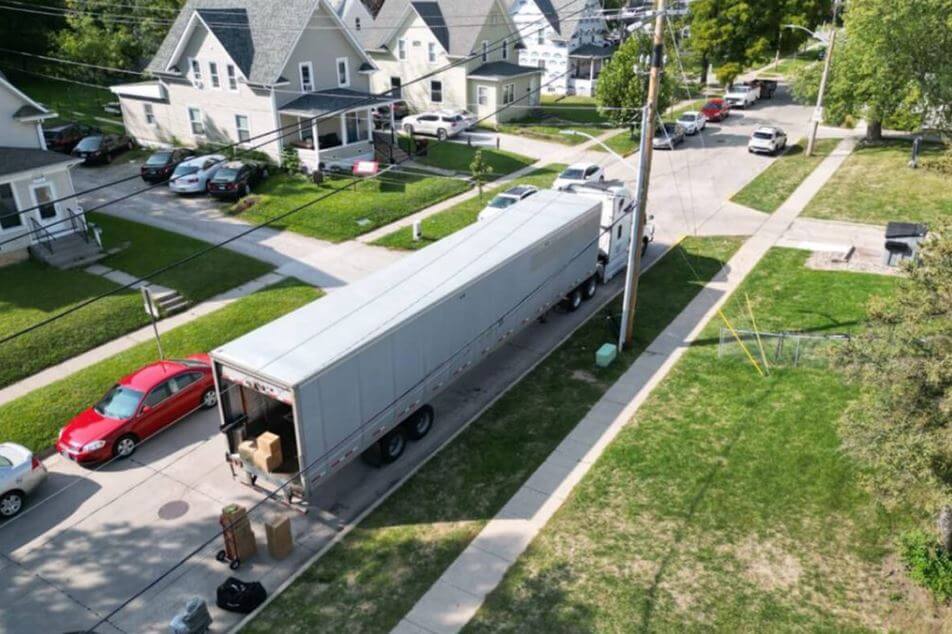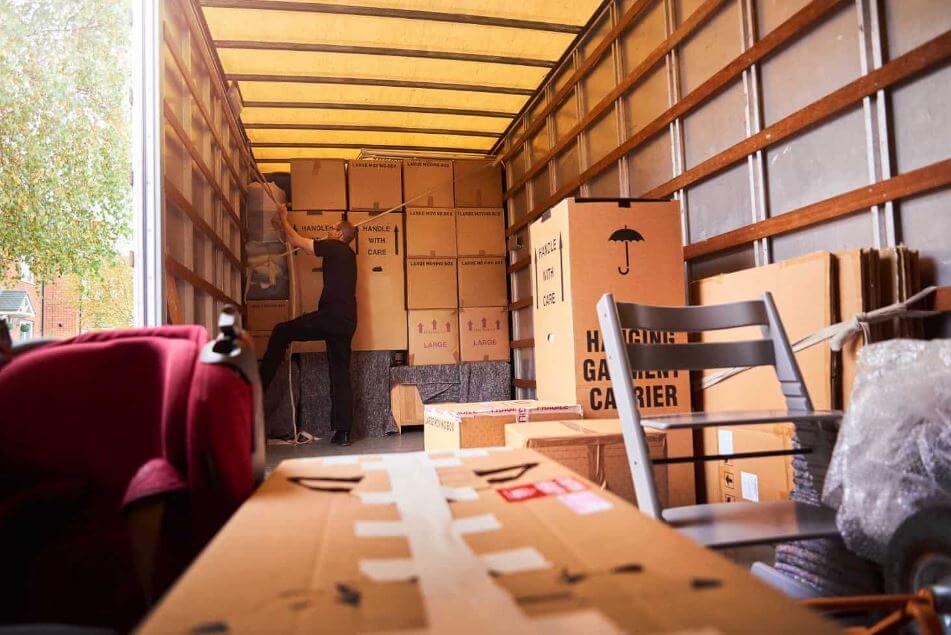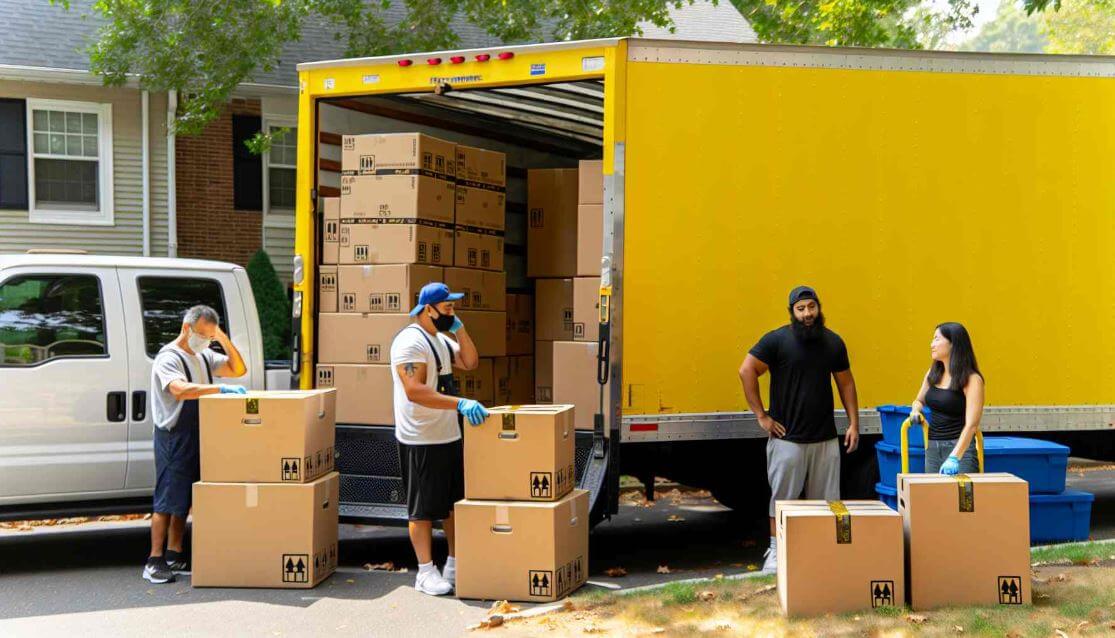The process of moving can be an overwhelming endeavor, fraught with numerous logistical challenges. This is further exacerbated when the task involves entrusting personal belongings to a moving company. The selection of a reputable mover is paramount in ensuring the safety and integrity of these possessions during transit. However, identifying reliable service providers in an industry riddled with potential fraudsters poses a significant challenge for consumers.
Recognizing this predicament, this article seeks to equip individuals with pertinent information on identifying red flags in their hunt for trustworthy movers.
Moreover, understanding insurance options and handling issues associated with them forms another critical part of safeguarding one’s property during relocation. Insurance coverage serves as a buffer against any potential loss or damage incurred during the moving process; hence, it’s essential to comprehend its intricacies fully.
Through comprehensive research and expert insight into the moving industry’s dynamics, this article provides an authoritative guide on navigating insurance-related issues when hiring a moving company. By engaging with these insights, readers are set to gain not just protection for their physical belongings but also peace of mind throughout their relocation journey.
Identifying Red Flags in Mover Selection
In the journey of selecting a moving company, identifying potential red flags can serve as critical beacons of caution, illuminating unprofessional practices that may jeopardize both belongings and peace of mind.
One common warning sign is a lack of transparency in cost estimation. Reputable moving companies typically offer detailed, written estimates based on an actual inspection of the items to be moved. Conversely, those operating with less integrity may provide vague or incomplete quotes over the phone or internet without conducting an onsite evaluation. These underhanded methods often result in increased prices once the move is underway and consumers are forced to comply due to time constraints and contractual obligations.
Another notable concern revolves around the mover’s credentials—specifically their licensing status and affiliation with recognized industry bodies. The Federal Motor Carrier Safety Administration (FMCSA) oversees interstate movers’ regulation, requiring them to have a valid Department of Transportation number (DOT). A suspicious absence of such identification suggests non-compliance with federal regulations, potentially exposing clients to liability risks during transportation incidents.
Likewise, membership in professional associations like the American Moving & Storage Association (AMSA) is indicative of adherence to ethical standards and best practices within the industry—an assurance that one’s sense of belonging and security remains undisturbed amidst transition.
Understanding Insurance Options and Handling Issues
Navigating through the labyrinth of insurance options and addressing potential issues is a crucial aspect when entrusting possessions to a relocation service provider. The understanding of these insurance options forms an integral part in ensuring the safety, security, and tranquility of mind during the moving process.
It is important for consumers to be aware that most moving companies offer different levels of liability coverage, which may include Full (Replacement) Value Protection or Released Value Protection. While Full Value Protection makes the mover liable for the replacement value of lost or damaged goods in a shipment, Released Value Protection offers minimal protection at no extra cost but provides only a fraction of the item’s actual value in case of damage.
Moreover, it is essential to resolve any arising issues swiftly and efficiently. There may be instances where disputes arise over loss or damage claims with the moving company. In such scenarios, consumers are encouraged to first try resolving it amicably with their chosen mover. However, if this proves unsuccessful, one can opt for arbitration or lodge complaints with regulatory bodies such as Federal Motor Carrier Safety Administration (FMCSA) or Better Business Bureau (BBB).
Understanding these procedures not only enhances consumer empowerment but also fosters an atmosphere where individuals feel secure knowing they have multiple avenues for redress should problems occur during their move.
Crossing States With Ease: The Rise Of Long-Distance Moving Companies









